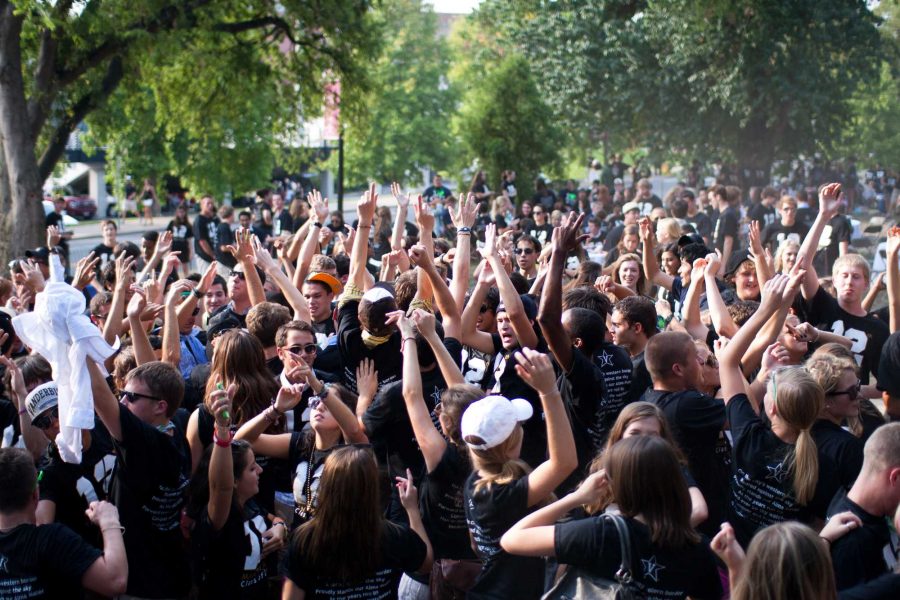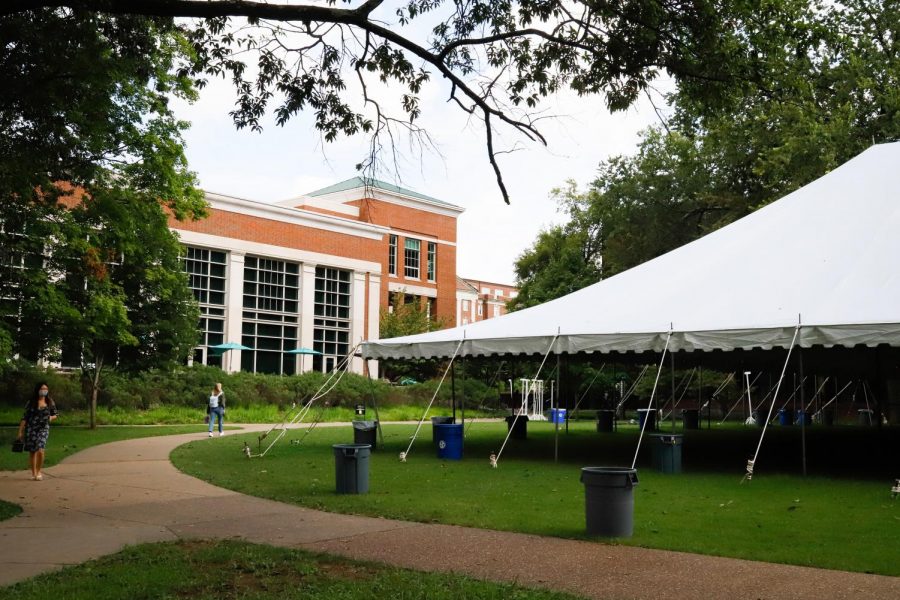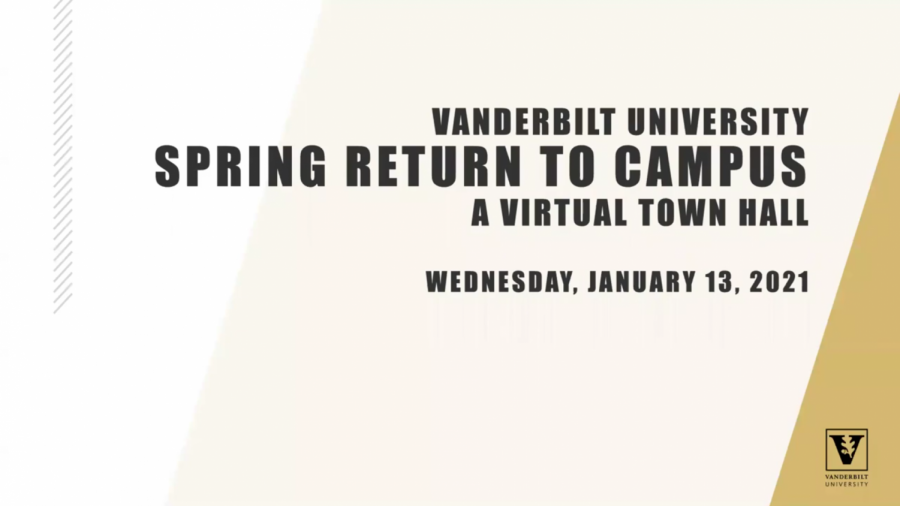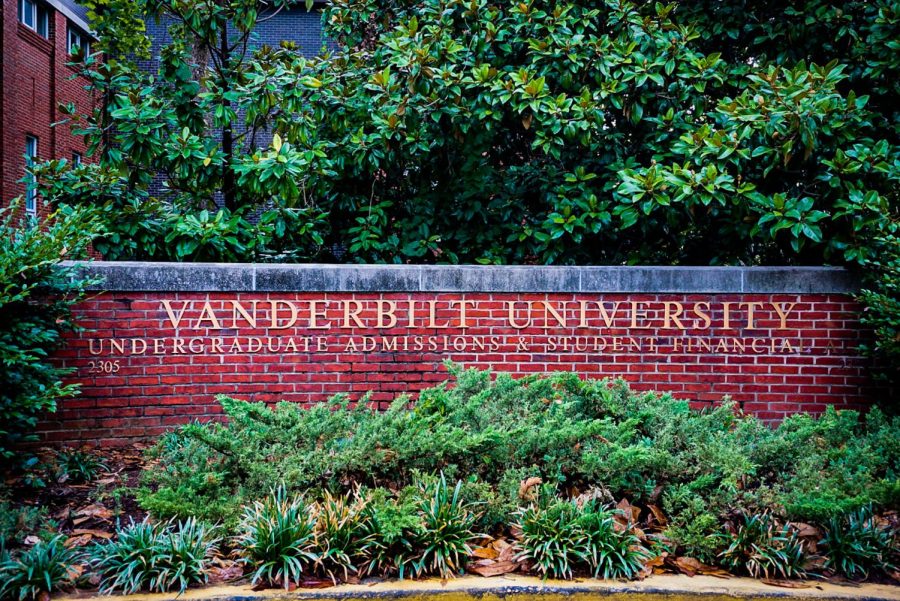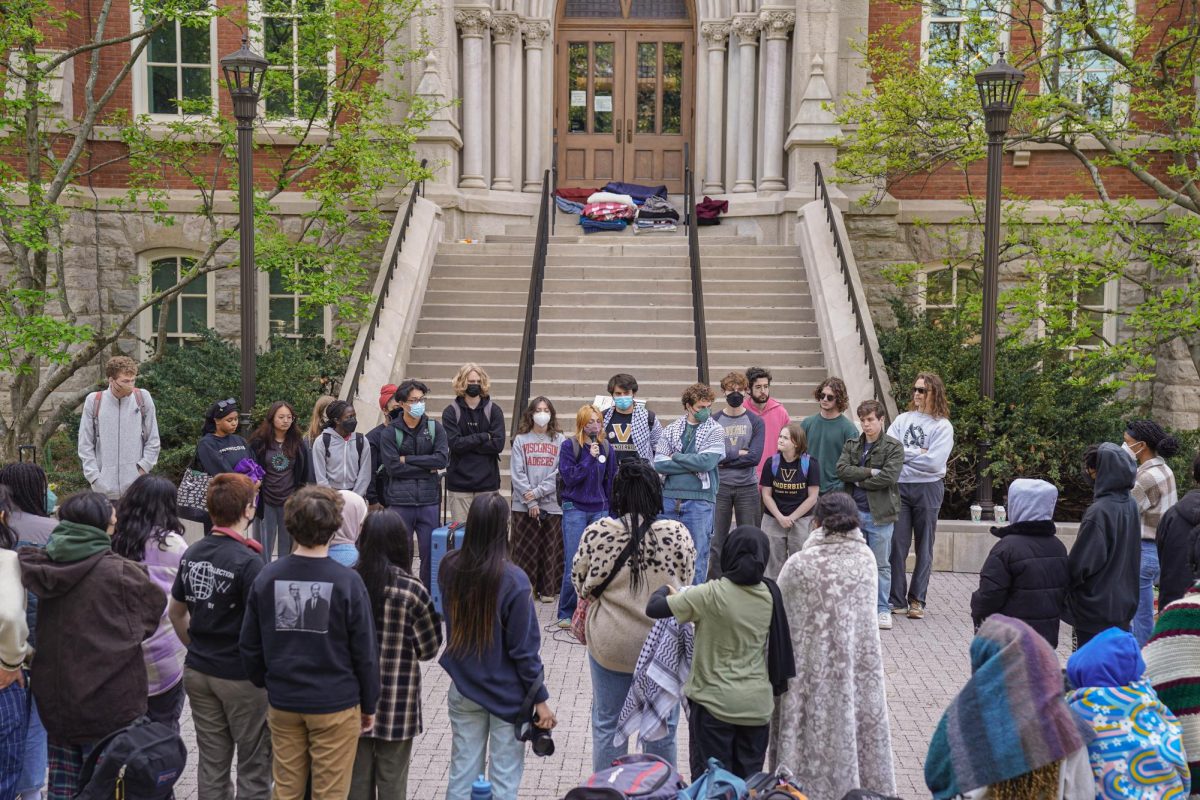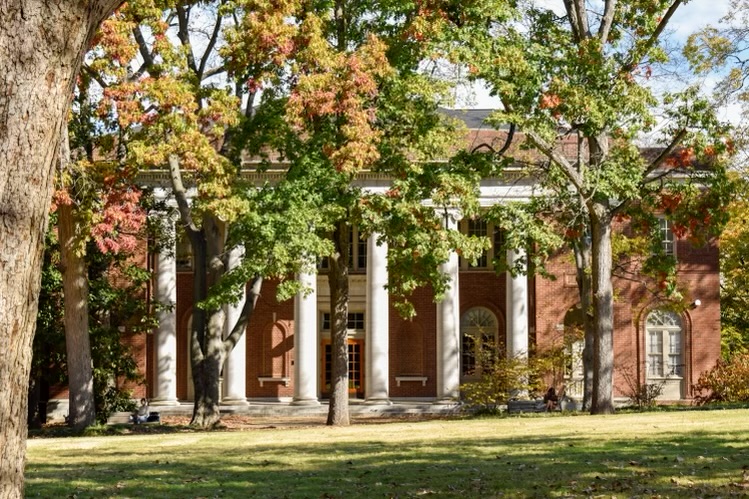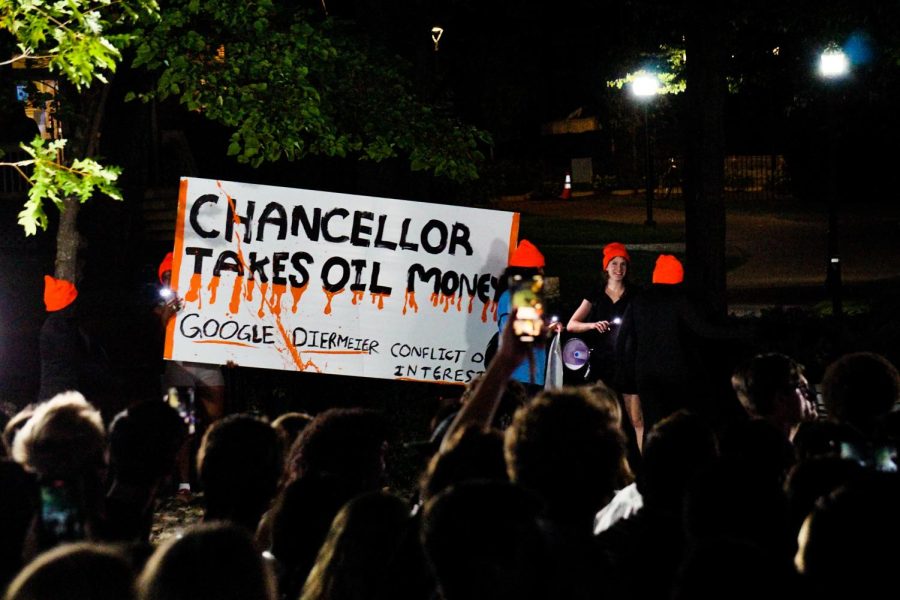In early March, I was among the students who traveled to Europe while coronavirus was silently spreading in Spain and Italy. Thankfully, my flight back to the United States stopped in New York, my childhood home. It was there that I received my positive coronavirus diagnosis and remained for my quarantine. Had my symptoms begun just a day later, I may have returned to Nashville and infected Vanderbilt students. The fear that I could have sparked an outbreak on campus has motivated me to speak out.
Vanderbilt, like universities across the nation, was whipsawed by the coronavirus pandemic. They were forced to abruptly suspend and later cancel in-person classes in early March as a result of an outbreak on campus likely ignited by spring break travelers who returned to Nashville. It’s been a rocky road since then: viral transmission continued on campus during the haphazard campus evacuation; decreased university operations are shrinking Vanderbilt’s revenue and therefore its budget; coronavirus cases and deaths in Tennessee have been on the rise since early July, with Metro Nashville alone recently reporting more than 100 new cases in a day. Vanderbilt has both a health crisis and a financial crisis on its hands.
Vanderbilt has opted to reopen campus for the fall semester. While going totally online for the semester would neutralize the issue of coronavirus transmission, the school has not chosen this path. For its part, though, the university has developed a comprehensive reopening plan. Students are being shipped coronavirus testing kits. Dining facilities are employing rigorous health safety protocols, including mandated face coverings. Dorms Blakemore and Chaffin, among other locations, will be repurposed to house students who need to be quarantined. These policies, along with many other guidelines and mandates relating to class location, visitation and residential housing are data-driven solutions to keep campus open long-term and save lives.
But there’s an obvious problem, one that has dogged Vanderbilt for a long time: parties. And Vanderbilt doesn’t have a legitimate plan for them.
Parties pose a grave threat in the pandemic—their high potential for coronavirus transmission can erupt in infection explosions. From Miami to Nashville, shutdown-weary young people are disregarding public health guidelines and partying. There’s no reason to think Vanderbilt students will be particularly different. For instance, our brains haven’t yet reached full maturity, meaning our decision-making is often short-sighted. Plus, we know that we probably won’t die if we get infected.
Students are starved for social interaction, craving a sense of normalcy after a prolonged separation from college party culture. Additionally, more students were allowed to live off-campus than usual. With a desire to gather in groups and more distance from campus authorities, students will have more opportunities to party, and Vanderbilt may be leaving the door open for these ‘superspreader events’ to take place.
This problem is compounded by the toothless regulations on drinking and parties that Vanderbilt has been employing for years. Sure, the Student Handbook states that everything from intoxication to the possession of grain alcohol to drinking games to unregistered off-campus events are prohibited; additionally, violators are subject to student accountability procedures. But from what I’ve seen, student accountability generally only imposes real sanctions (i.e. suspension, expulsion) on the umpteenth offense. As such, students aren’t intimidated. We know that resident advisors turn a blind eye to first-years stuffing a North House double for a fifteen-person pregame. Fraternities host off-campus parties almost every weekend. I know people who have made multiple trips to the Student Accountability Office and haven’t changed their behavior.
We break the rules because we know the words in the handbook are meaningless and that we will rarely be legitimately punished. Unfortunately, our (justified) attitude of utter contempt towards Vanderbilt’s social regulations may create a deadly situation in just a few weeks.
And what is Vanderbilt’s solution to this rapidly-approaching reality? As of right now, it’s more of the same. Vanderbilt’s reopening plan prohibits social events with alcohol, on- and off-campus. The enforcement mechanism? Again, more of the same. When asked for protocol to respond to unsanctioned social events, the Office of Student Accountability said that it will “utilize the existing sanctioning considerations found in Student Handbook.”
This is not to say that there’s a simple, readily-available solution. Establishing a party plan poses difficult questions: how can Vanderbilt surveil students’ behavior without violating their privacy? Does enforcement require the involvement of Nashville police, an institution with a history of racial profiling? Given the fraught nature of policing student behavior, should Vanderbilt acknowledge the limits of its power and opt solely for a reactive strategy?
Vanderbilt students have always broken the rules on drinking and partying. The school has long been able to weather these transgressions. But the times have changed, and the stakes are higher: a single off-campus party could fuel a massive outbreak on campus and in Nashville. Vanderbilt needs a plan to stave off this possibility. Administration must develop an enforceable process that deters, identifies and reprimands violators without impinging upon students’ rights. Without one, the school may be forced to cut the on-campus year short—wrecking its finances and harming its students as a result.












